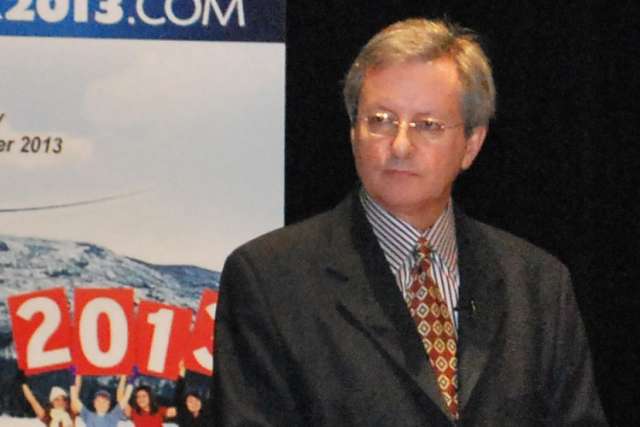The Court was hearing arguments on whether prayers before city council meetings discriminate against non-believers in a Quebec case involving the Catholic mayor of Saguenay. Jean Tremblay was challenged because he permits prayers before council meetings and the display of religious objects on city property.
Those practices brought a complaint by Alain Simoneau to the Quebec human rights tribunal. The tribunal ordered that prayer in council be ceased and awarded Simoneau damages. The Quebec Court of Appeal overturned that decision and, last January, the Supreme Court agreed to hear an appeal by Simoneau and the Quebec Secular Movement.
The lawyer representing Saguenay, Richard Bergeron, told the Supreme Court that just because something has a religious connotation it does not create an infringement on rights. Simoneau was not coerced or forced to do anything, Bergeron said. “We look at the evidence, we do not get the impression he was traumatized to a huge extent,” he said.
The Canadian state is not atheist, Bergeron said, as he warned of an allergy against religious practice. In the Constitution’s preamble, it says the state is based on the supremacy of God and the rule of law. The personal aspects of expressing religious belief, including that of the mayor, must exist, said Bergeron.
Bergeron said council-meeting prayer is not religious in the sense of worship, but it is religious in the sense of requesting the grace of God. It is more in the sense of moral duty and tradition than a religious practice, he said.
Simoneau’s lawyer countered that, although the mayor has a right to practice his religion, “he does not have the right to impose it on anyone else through his imposition of a public ritual.” The mayor was “making the council chamber a place of worship” and “members of the public have a right not to be subjected to this,” said Luc Alarie.
He told the Court that Simoneau also objected to a Sacred Heart statue and crucifix in the council chamber. But Simoneau did not object to every religious symbol, such as the cross on the Quebec flag or the words in the national anthem because they reflect Quebec’s cultural heritage and have been emptied of their religious meaning.
Bergeron said the prayers in Saguenay council are non-denominational and intended to “maintain a tradition and not to promulgate a religion.”


